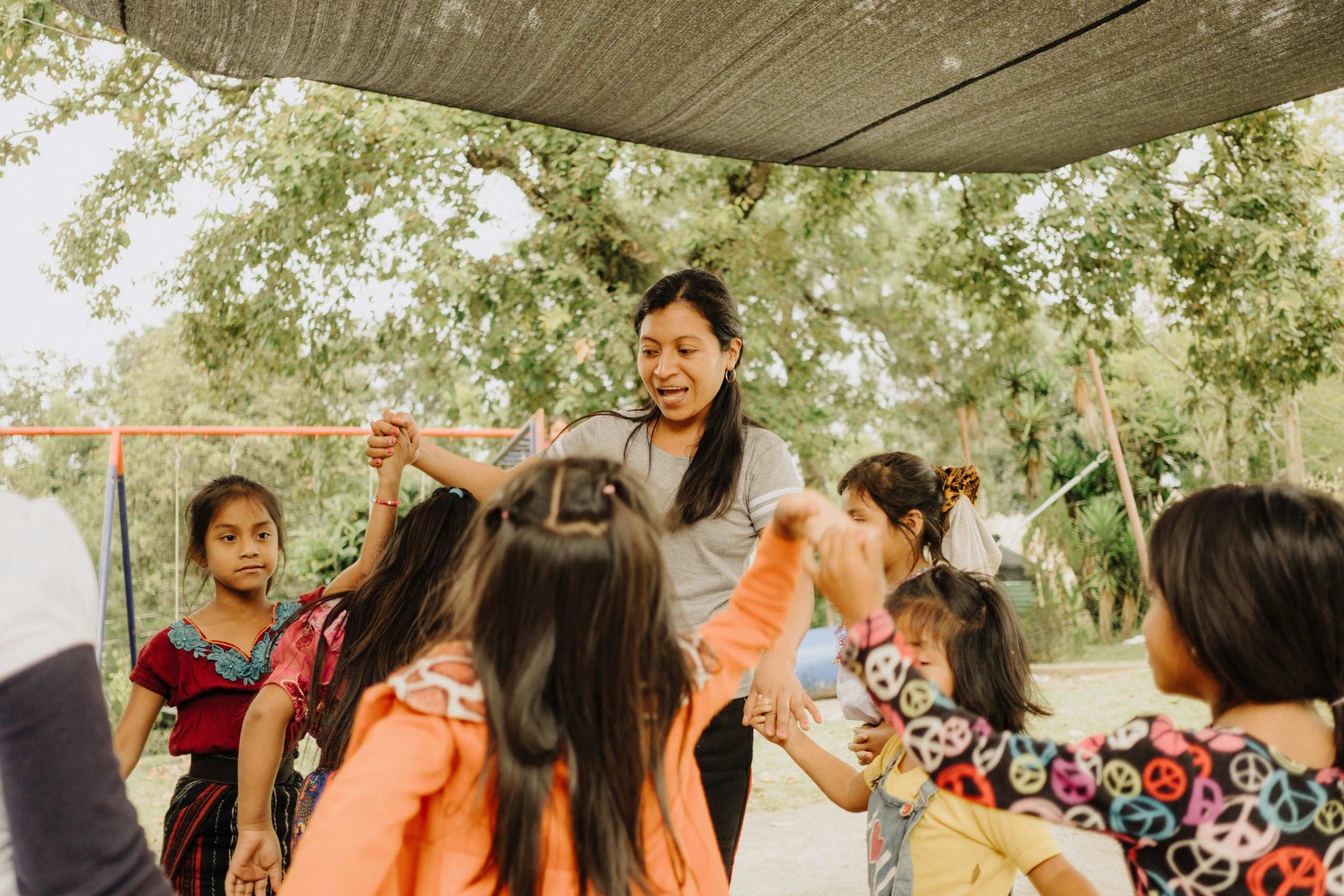Global Innovation Fund Addresses Poverty in Developing Countries
 The Global Innovation Fund (GIF) is a not-for-profit organization based in the United Kingdom (U.K.). Since 2015, the organization has invested a massive $119 million in development projects in low- to middle-income countries. It expects to impact the lives of 156 million impoverished people by 2033. GIF focuses on empowering and investing in people by giving them financial backing to create meaningful and effective change within their communities.
The Global Innovation Fund (GIF) is a not-for-profit organization based in the United Kingdom (U.K.). Since 2015, the organization has invested a massive $119 million in development projects in low- to middle-income countries. It expects to impact the lives of 156 million impoverished people by 2033. GIF focuses on empowering and investing in people by giving them financial backing to create meaningful and effective change within their communities.
The nonprofit seeks out innovative ideas, not just in business but also in endorsing positive social change, policy, products, services and “breakthrough solutions” that could change the lives of millions of impoverished people. Here are four programs the Global Innovation Fund has partnered with to address poverty in developing nations, especially sub-Saharan nations.
CityTaps
Access to clean, running water is a staple in poverty reduction. In developing countries, more than three billion people have limited access to the basic infrastructure for running water. Even for those with access to running water, many must endure elongated periods without it. Water companies can shut off access, usually because of late or a lack of payment, which in many cases is because of poor management and organization.
In response, GIF made a significant investment in CityTaps, a company committed to helping water utilities. This allowed the company to introduce a three-stage strategy to support water companies. First, it has developed a smart water meter that can accurately record and send water usage in real-time. Second, it has incorporated new software that monitors this data and communicates important information to the water companies and their customers. Finally, it has integrated a pre-paid service whereby the customers gain control over their water budget and usage.
Bandeberho (Role Model)
Gender-based violence (GBV) is an epidemic in Rwanda, with 43% of women who have been married having to endure violence inflicted by their male counterparts. Although the government of Rwanda has made considerable efforts toward combating GBV in the country, the issue persists.
Bandeberho, an initiative by the Rwanda Men’s Resource Center (RWAMREC), has recognized that issues within masculinity norms in Rwanda can manifest as violence toward women. Therefore, through a partnership with GIF, the center has developed a program where it can intervene early to educate young men with positive role models in hopes of addressing gender inequalities, recognizing females’ autonomy over their bodies and reducing GBV.
Studies that have reviewed the effectiveness of this program have praised male intervention and education. Additionally, they reported an increase in male participation in family life, a decrease in physical reprimand toward children and women having more authority in decision-making.
Educate
In Uganda, 30% to 36% of people of working age are unemployed. In sub-Saharan Africa, people aged between 15 and 25 are by far more likely to be without employment than any other age group. Access to education is slowly improving. However, many younger people are not prepared to deal with the realities of modern economics. They lack some essential skills to enter the workforce.
Educate is an initiative preparing African youths to thrive in this modern economy. It offers a “gender-blind” mentorship and training program that prepares young people for employment by investing and perpetuating them toward entrepreneurship and leadership. Through in-school and out-of-school solutions, mentors focus the program on the students themselves, which authentically creates a more catered experience, giving students more autonomy, choice and vision.
In 2015 and 2017, GIF invested $600,000 in Educate, enabling it to reach an additional 250 schools in Uganda. By the end of 2017, Educate had visited 502 schools in Uganda, impacting more than 19,000 students.
One Acre Fund
Smallholder farms produce all but 20% of food for the African continent. However, smallholder farmers are among the most impoverished in developing nations, with many living in absolute poverty. In sub-Saharan Africa, there are more than 50 million small farms, with their primary income coming from livestock, fishing and crops.
The One Acre Fund is an organization that invests in people and supports farmers by improving farming practices throughout Kenya, Rwanda, Burundi, Tanzania, Malawi and Uganda. The aim is to increase land productivity and crop yields by educating farmers and offering access to tools and products.
With a $15 million grant from the Global Innovation Fund, One Acre Fund has developed an innovative system to increase the income of smallholder farmers in rural sub-Saharan Africa. This innovation’s impact is multifaceted. It can directly improve the lives of farmers, invigorate local and national economies and give other impoverished people and communities access to more food. By the end of 2020, One Acre Fund reached one million farmers in Africa, increasing their annual profit by an average $96.
Conclusion
The global initiative fund, as well as all the other incredible organizations and businesses, is putting money where it matters, investing in people and innovations that innately understand the issues plaguing developing nations. They inject hope and resources into ideas that have the potential to change the world and bolster the lives of those living in poverty, not with handouts but with faith and trust in self-determination.
– Philip Mundy
Philip Mundy is based in Bristol, U.K. and focuses on Good News for The Borgen Project.
Photo: Unsplash
